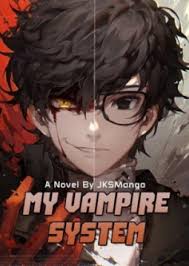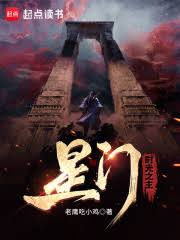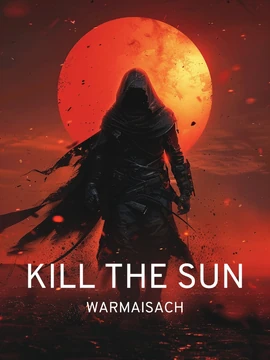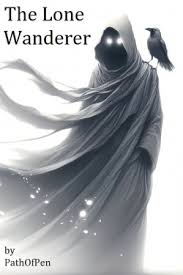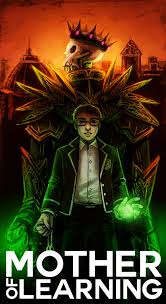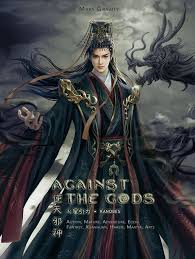The Story in 3 Sentences
Quinn, a powerless orphan in a post-war dystopia, awakens a Vampire System that forces him to drink blood and complete brutal quests to survive.
As he battles military school rivals, vampire factions, and his own monstrous instincts, his power grows—but so does the cost to his humanity.
Blending RPG progression with grim survival, the story makes every drop of blood a moral choice, every level-up a step closer to monster or master.
Why It Stands Out
1- A Blood System That Rewards Ruthlessness Power isn’t earned through training—it’s taken. Drinking blood grants temporary stat boosts: scholar’s blood sharpens the mind, warrior’s blood fuels strength. His “Blood Mimicry” ability lets him steal skills from victims, turning enemies into tools. But the system demands more than strength—it demands compliance. Fail a quest, hesitate too long, and the punishment is death. Fans love how progression feels dangerous, not guaranteed, making every choice a gamble.
2- A World That Escalates Into Chaos What starts as a military school survival story explodes into interplanetary war. Humanity is reeling from an alien conflict, and factions—Dalki, Vampires, Human Elites—battle for control. School bullying evolves into faction warfare, training grounds into war zones. The worldbuilding isn’t clean or structured—it’s messy, ambitious, and constantly expanding. One chapter you’re in a dorm, the next on a spaceship, then inside a vampire god’s memory. Readers call it “junk food fiction”—illogical, chaotic, but impossible to put down.
3- A System That Taunts, Tempts, and Tests The Vampire System isn’t just a mechanic—it has a voice. Snarky notifications mock Quinn’s failures. Quests punish hesitation: “Drink within 24 hours or die.” Rewards dangle darker choices: “Kill for a permanent boost.” It doesn’t want a hero. It wants a predator. Yet Quinn resists being consumed, clinging to his humanity. This tension—between control and corruption—drives the story. Fans praise how he embraces vampirism without losing himself, making his survival feel earned, not inevitable.
Characters That Leave a Mark
There’s Quinn — a bullied weakling who becomes a ruthless strategist, his bloodlust warring with his will to remain human, his System both curse and lifeline.
You’ll meet Layla, not just a love interest, but a figure with a shadowed past who becomes his tether to morality and a key player in major plot twists.
Then there’s Vorden, not a one-dimensional rival, but a foil whose parallel growth challenges Quinn’s descent, earning fan praise for moral complexity.
And the Vampire System? It’s the one that speaks, taunts, and tempts—acting less like a tool and more like a manipulative entity with its own agenda.
The Flaws Fans Debate
Early arcs rely heavily on school bullying tropes, which some readers find repetitive or overused.
Pacing is chaotic—worldbuilding expands wildly, with jumps from academy to alien war without smooth transitions.
Power scaling wavers—Quinn survives impossible odds with justifiable plot armor, but later struggles feel inconsistent.
Some quests devolve into repetitive cycles: feed, fight, level, repeat—reducing tension over time.
Must-Experience Arcs
Ch.1–400: System Awakening – Quinn’s brutal early survival, learning the rules of blood, quests, and the cost of failure.
Ch.500–800: Military School Wars – Faction battles, tactical play, and the rise of his influence in a world that once crushed him.
Ch.1000–1400: Blood Purge – Clan warfare erupts, vampire politics deepen, and Quinn is forced to choose between power and identity.
Ch.1500+: Halfling Transformation – Cosmic stakes, time travel, and evolution beyond human limits—where the story fully embraces its chaotic ambition.
Killer Quotes
“Blood isn’t just food—it’s a weapon, a key, and your damnation.”
“The System doesn’t want a hero. It wants a predator.”
“Sunlight won’t kill you, but it’ll leave you weak enough for others to try.”
“I’m not a monster. I’m the thing that monsters fear.”
Cultural Impact
Became a cult hit for popularizing the “morally gray system” subgenre, where progression comes with ethical decay. Inspired a TV adaptation that expanded its sci-fi vampire appeal to mainstream audiences.
Fan theories thrive on Blood Mimicry combos and system loopholes, with deep dives into optimal evolution paths. Despite messy worldbuilding, it’s praised for its addictive rhythm—readers call it “webnovel junk food”: chaotic, illogical, but impossible to quit.
Its blend of RPG mechanics, survival horror, and genre chaos has influenced countless long-form progression stories.
Final Verdict
Start Here If You Want:
A dark, strategic progression system where power demands moral sacrifice
A protagonist who grows stronger without losing his core struggle
A genre-blending ride from military school to cosmic war
Study If You Love:
RPG mechanics with narrative consequences
Anti-heroes battling their own nature
Stories that embrace chaos and escalation over tight plotting
Avoid If You Prefer:
Classic heroic vampires with noble tragedies
Tightly structured worldbuilding and consistent pacing
Clear moral lines between good and evil
